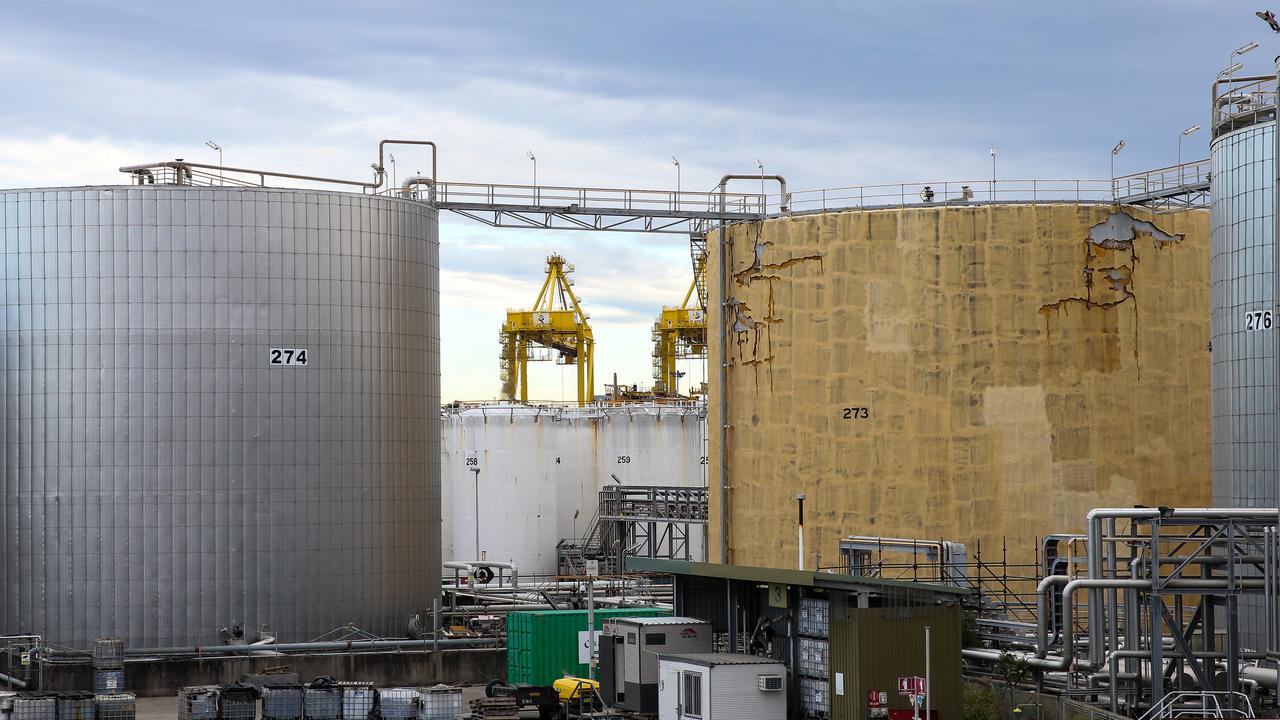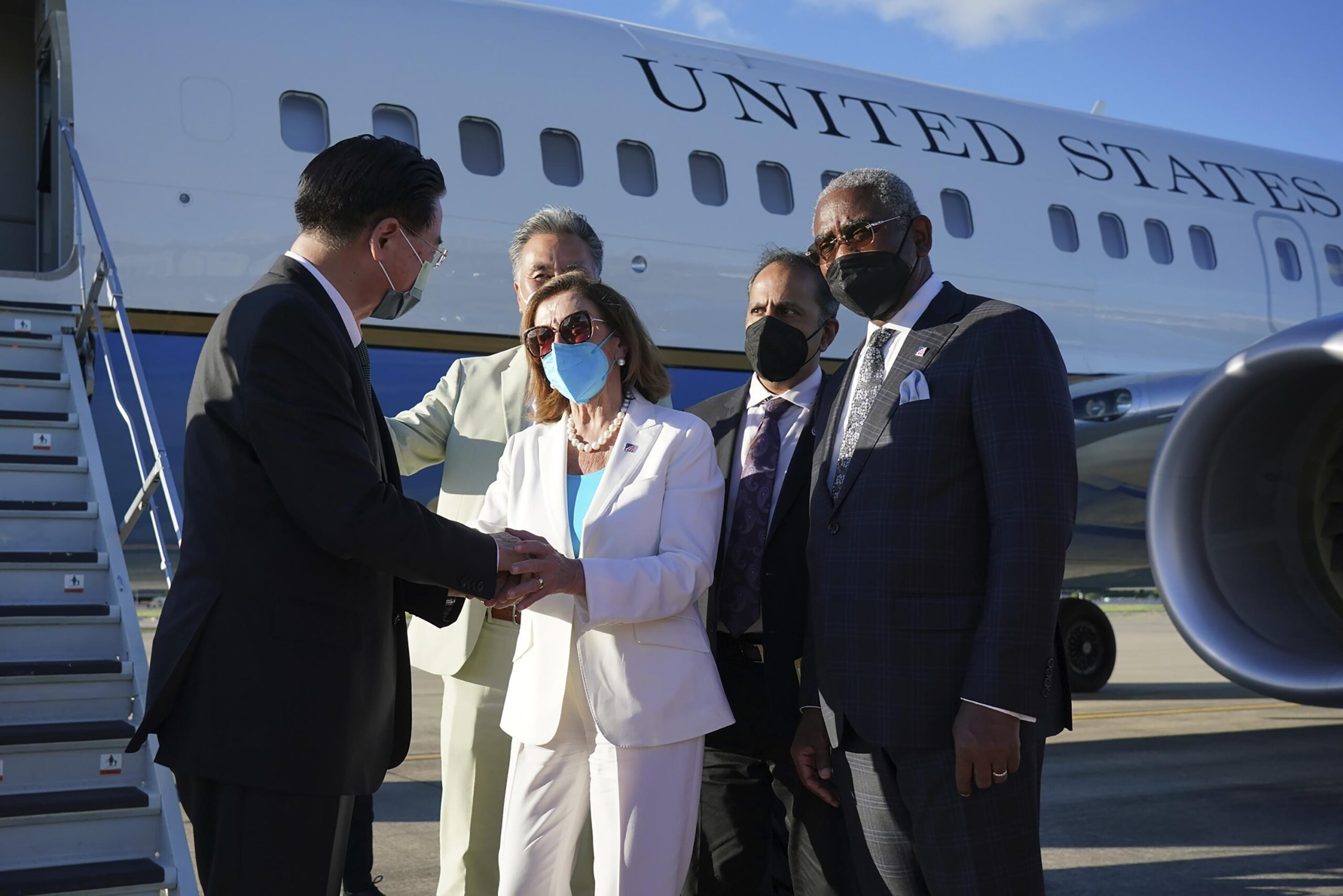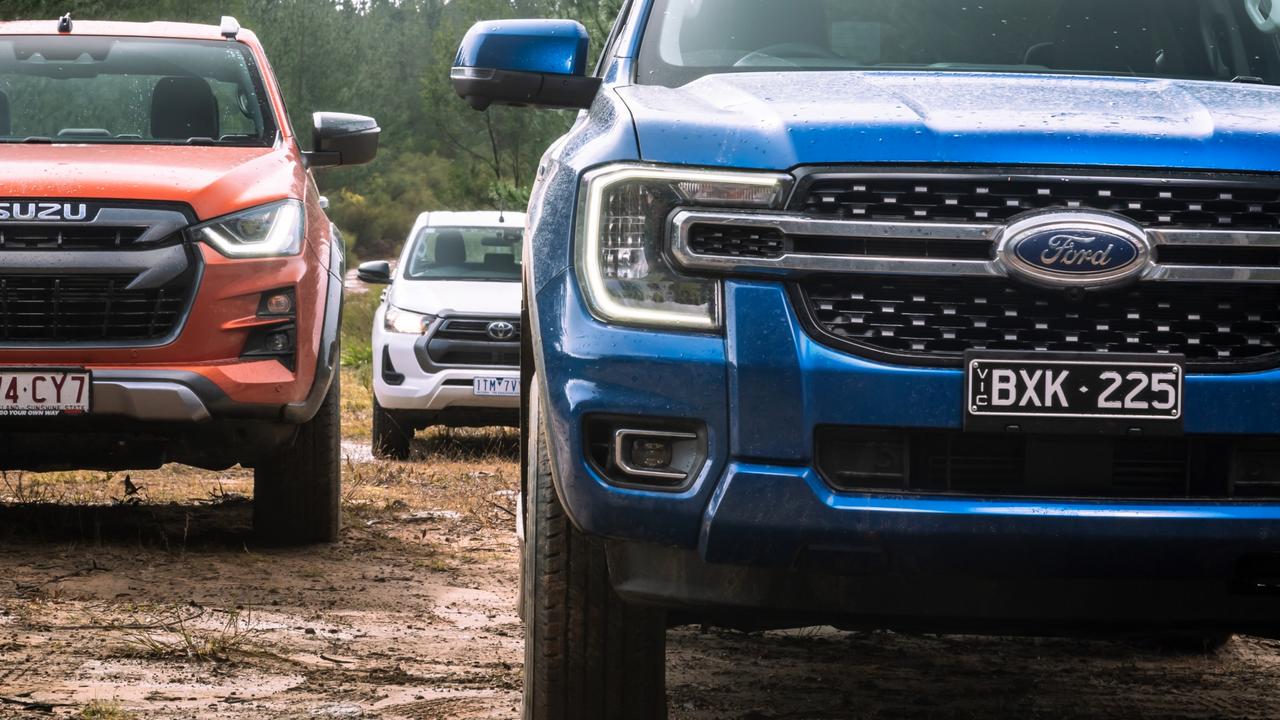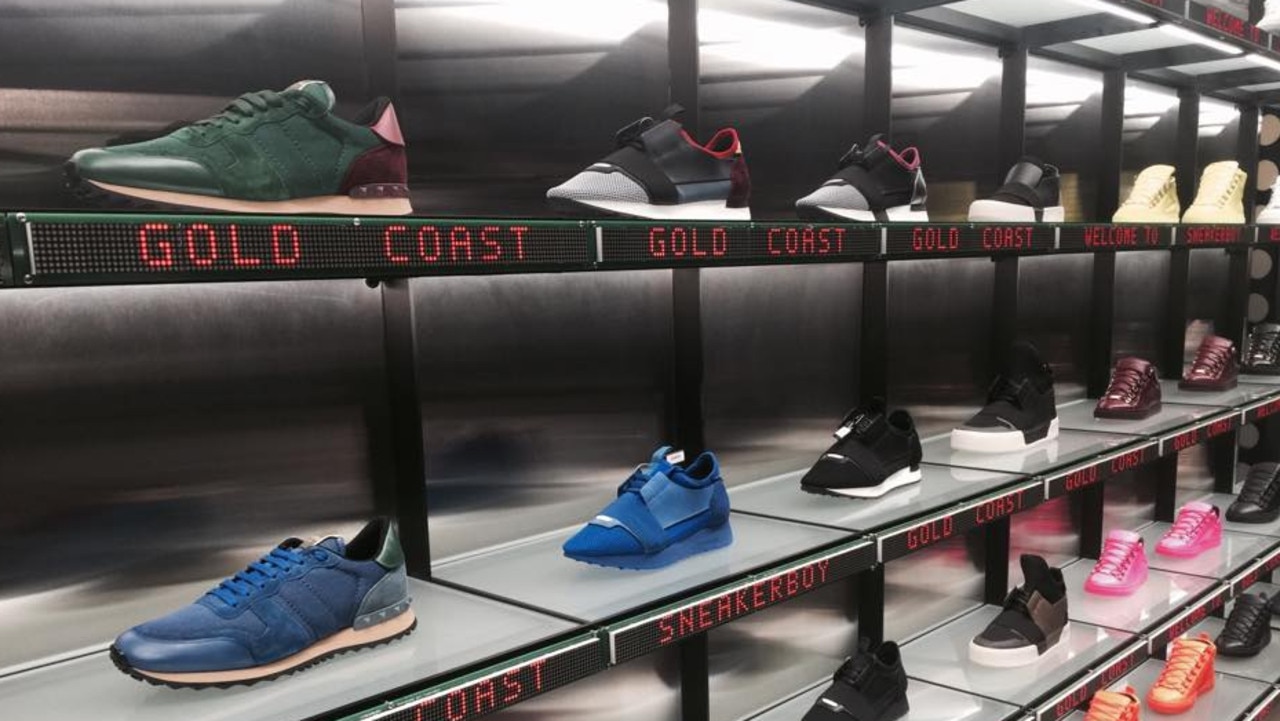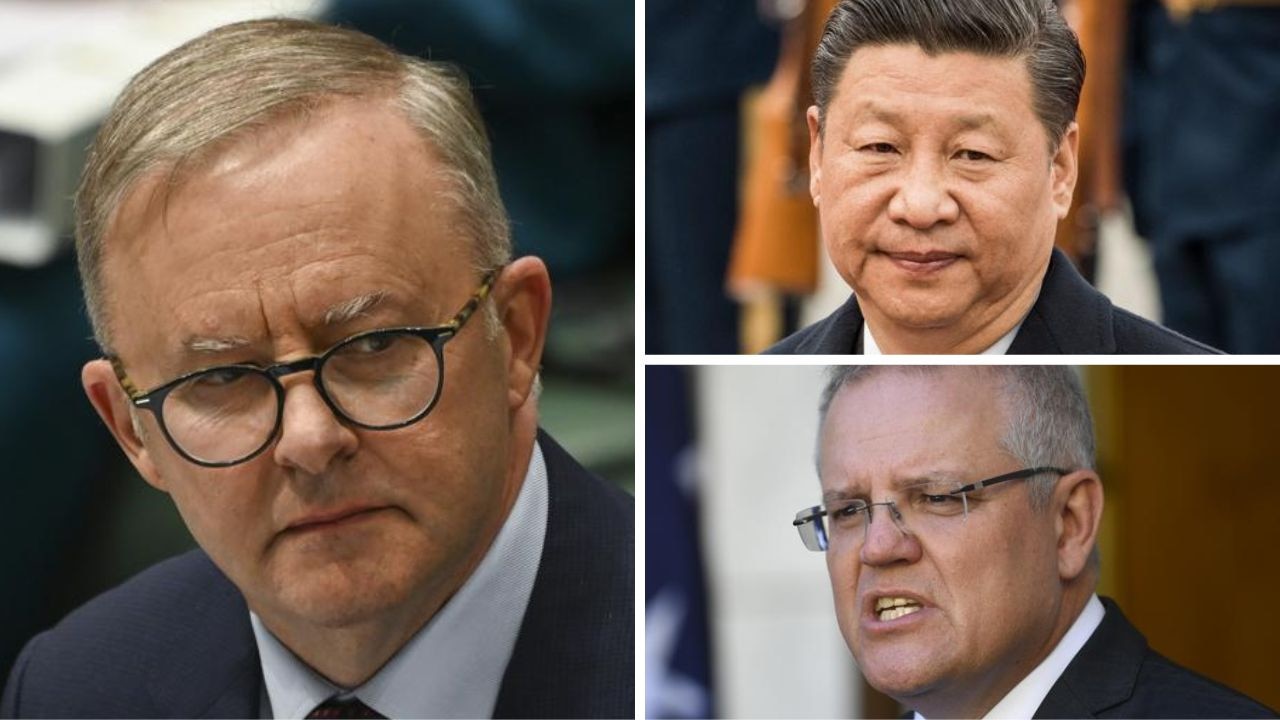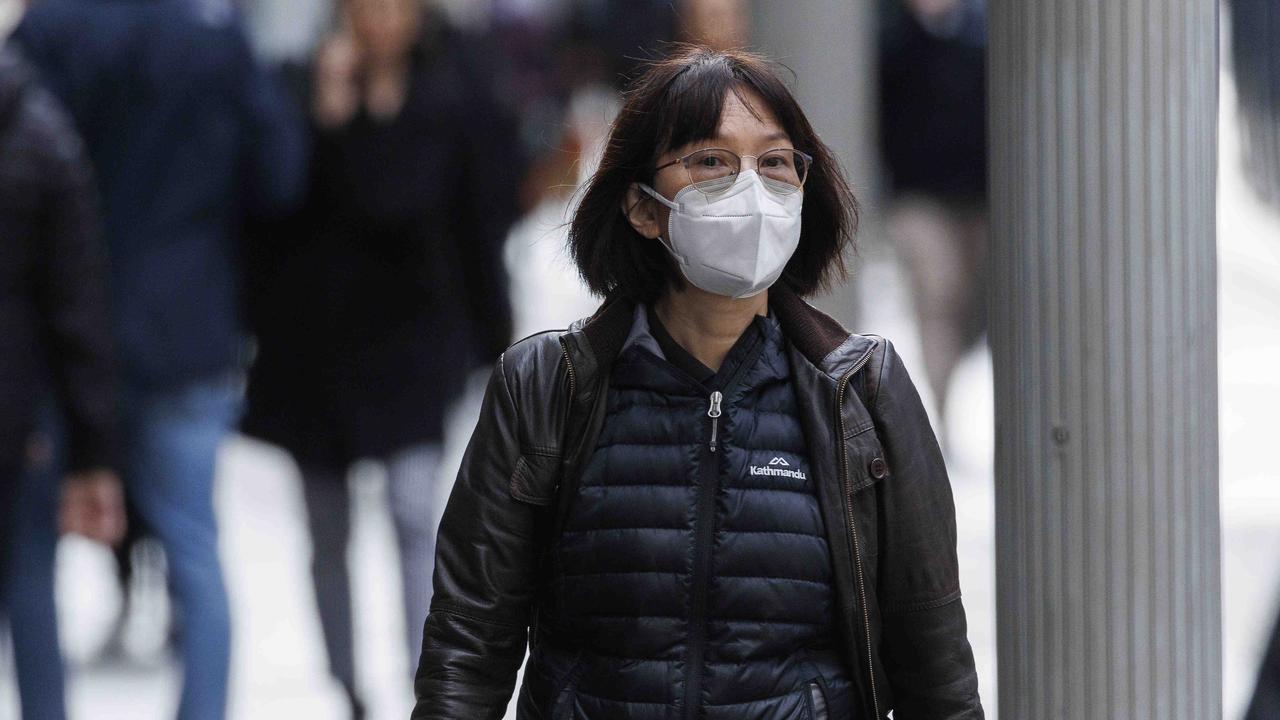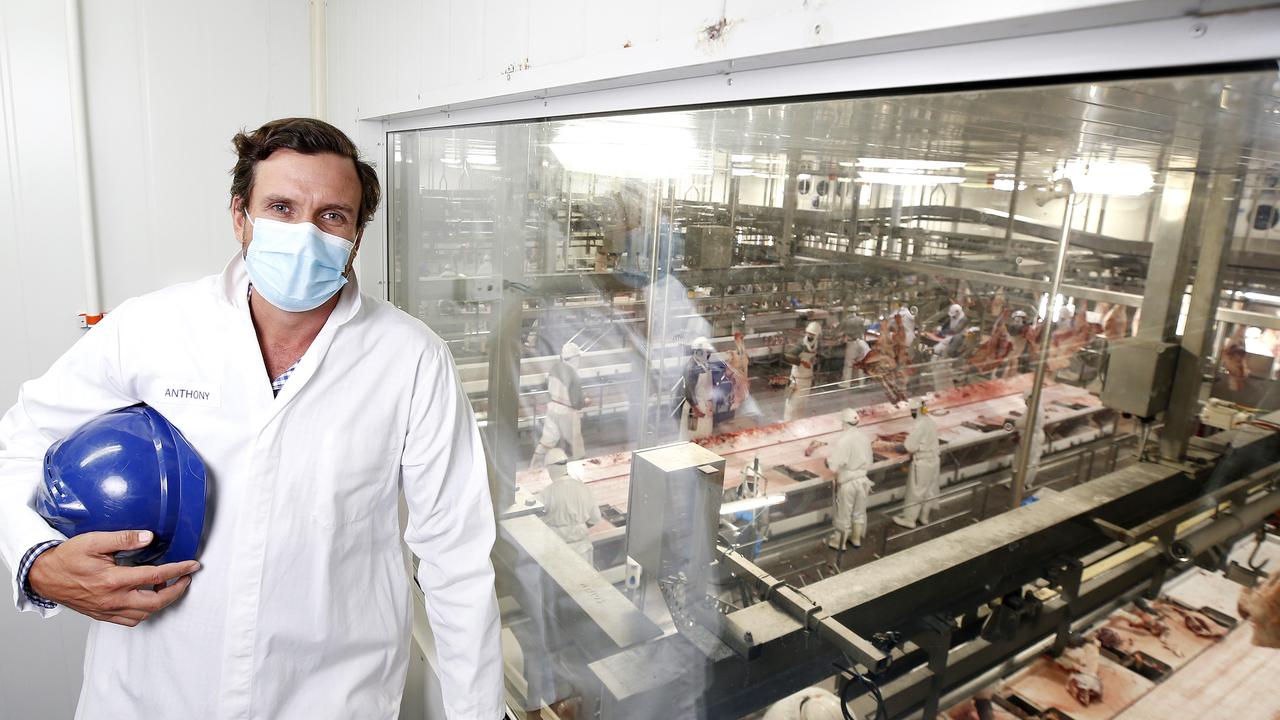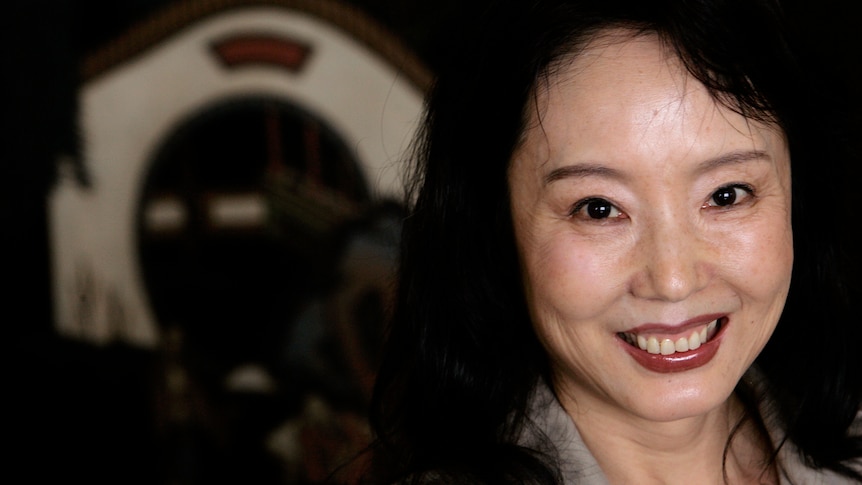Slowly but surely, the story of the greatest rip-off in Aussie history is coming out. It’s not a great train robbery. Not a Sydney wealth management fraud. It is an investment boom that miraculously turned east Australian resources bounty into a pair of concrete boots for the broader economy.
This is the sorry tale of how foreign cartels stole Australian gas reserves and fed them to China while the local economy was starved of it.
It began during the GFC-period when advances in unconventional gas extraction (fracking, shale, coal seam etc) made huge reserves in Queensland viable for extraction. Three conglomerates of largely multinational firms built infrastructure systems across the east of the state to extract, pipe and freeze that gas for export.
They spent some $80 billion doing so, in a mad race that duplicated everything, over-invested in production and crashed the global gas price, forcing them to write off tens of billions on their investment.
Meanwhile, in poor little Australia, which actually owned the gas, the moment the export trains opened the price began to rise because there was not enough left over for locals.
The price rose from $4Gj relentlessly until we were paying $20Gj in 2017 – more for our own gas than our Asian customers.
Worse, because gas sets the marginal cost of electricity on the east coast, whenever its cost rises, power prices go mad as well, hugely multiplying the negative impacts on the economy.
The Turnbull government recognized the folly of this in 2017 and installed the Australian Domestic Gas Security Mechanism (ADGSM). That crashed the gas price back under $10Gj, though it remained much higher than it had been traditionally.
But that was not the end of it. Whenever there has been cold weather, or coal or other outages in the power market, or international shortages, the gas cartel has popped up again to squeeze local prices higher.
This serial debacle most recently came to a head with the war in Ukraine and Russian sanctions which have left the world short of gas and Australian prices have gone to as high as $65Gj, the market has been suspended and electricity prices have been driven up by 600 per cent to boot.
This is a $50 billion gouge by the energy cartels that are effectively war-profiteering at every Australian’s expense. Soon, these price rises will deliver an extra 6 per cent CPI inflation, ensuring the RBA has to drive interest rates higher than many households can bear.
And for what? The gas cartel will not invest anymore. There’ll be no jobs created. Governments will receive no tax dividend owing to broken laws and the massive writedowns on the projects.
Indeed, this episode will be recounted by economic historians as the worst case of the “resources curse” ever. (It’s sometimes called Dutch Disease after the Netherlands’ broader economy suffered in the ’70s with the development of North Sea oil resources that lifted its currency and falling competitiveness hollowed out the industry.)
If Dutch Disease is a national cold, then Australian Disease is like an inoperable brain tumour. It has allowed miners to steal the resource, pay no tax, force scarcity pricing on the extractive nation, and raise the currency. All of which have already decimated industry, hobbled national income, and will soon begin to deflate household wealth as well.
how to fix it
The new Labor Government has been forced to confront this reality to some extent. Untenable energy prices have triggered a review of the Turnbull domestic reservation mechanism. This is all to the good, but what should it look like?
First, the reformed ADGSM must include a price trigger. As it stands, it is a volume measure that is too unwieldy to be effective. The ADGSM should automatically divert gas from export the moment the price goes over $7Gj. This is plenty high enough for the gas cartel to make money out of it. The reserves are quite cheap and since they’ve written off so much investment, the gas has become even cheaper on a cash basis.
The new ADGSM should apply to all three conglomerates. Although it is the Santos-led GLNG that has come to be most short of gas and openly lied about it, all three joint ventures knew what they were doing when they overinvested to leave Australia short of gas. Besides, as Bass Strait gas bleeds out, the shortage will only get worse and the future will require as much as 15 per cent of the gas currently exported to remain at home. That’s a burden best shared by all three projects.
A second option is to use export levies. If we set a baseline for profits at pre-Ukraine war prices around $7Gj, then levy the gas cartel for every export dollar above that price, then the local price of gas would collapse and Australians collect the war windfall instead of firms that have no right to it.
Third, we could install a super-profits tax on the cartel and recycle that revenue as energy subsidies for everybody else. That is a pretty clunky solution but it delivers the same end.
With any and all of these solutions, the cartel will scream “sovereign risk”. But so what? It was its mistakes that created this untenable situation. Australians should not have to pay for them.
Moreover, export gas contracts are renegotiated all the time. Just a few weeks ago, one member of the gas cartel, Shell, declared force majeur (that is undelivered but contracted gas) over something as trivial as a maritime labor dispute.
The larger truth is that the cartel is a risk to the sovereign and everyone within it.
.
